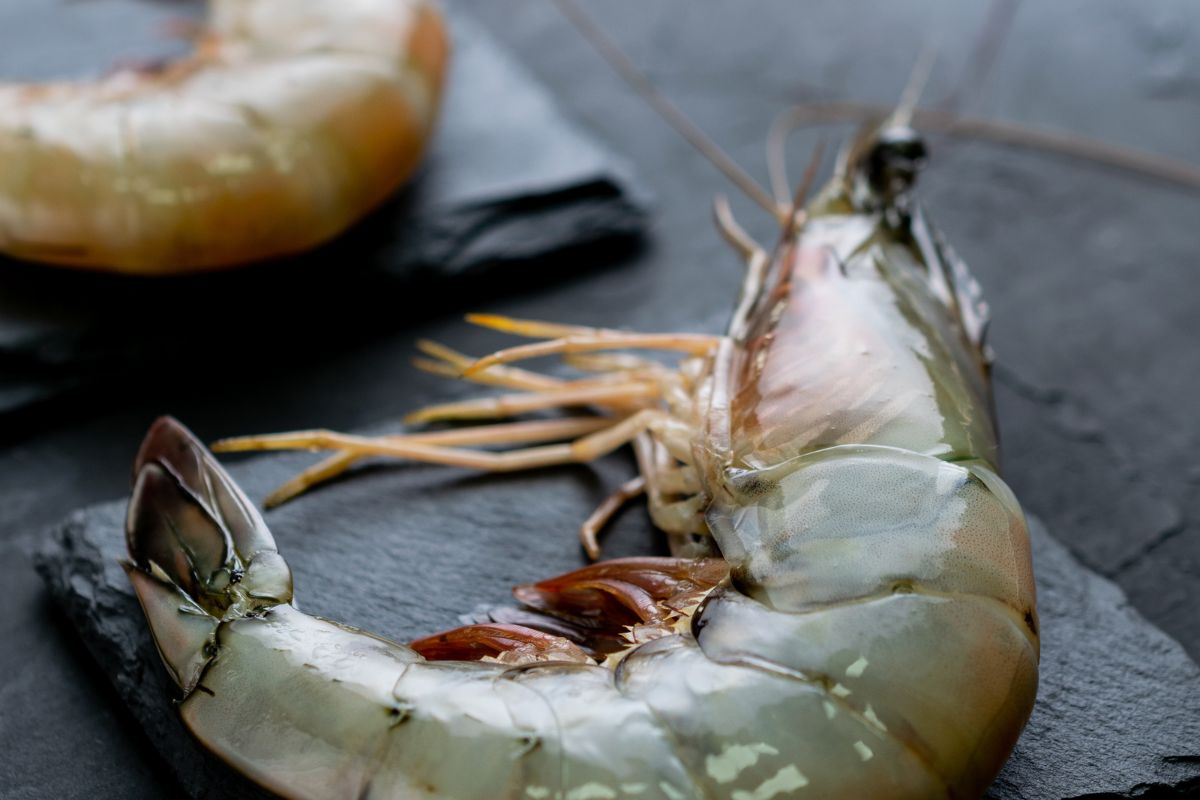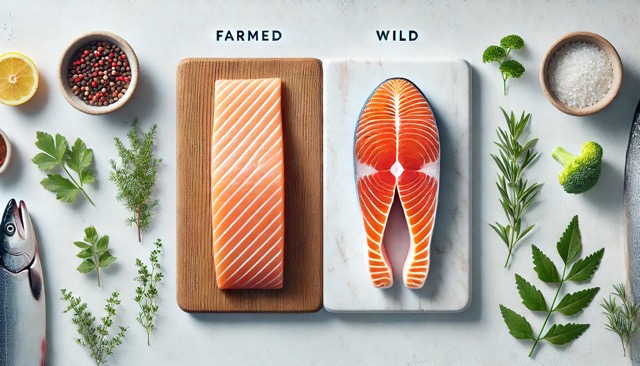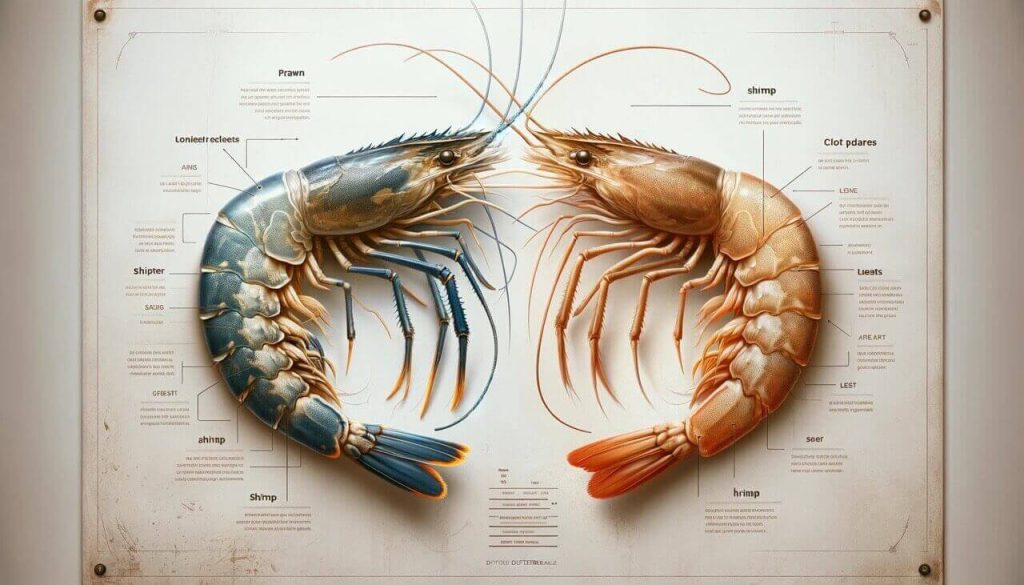Types of shrimp
Shrimp come in many different types, each with unique characteristics. Here are the most common species of shrimp.
White shrimp
White shrimp (Scientific name: Penaeus setiferus) are primarily found in the Gulf of Mexico and along the southeastern U.S. coast. They are one of the most popular types of shrimp due to their firm texture and mild, sweet flavor.
The Pacific white shrimp is another variety that is widely farmed and available on the market. These shrimp have a similar texture and flavor profile to their wild-caught counterparts, but are usually more affordable due to their farming methods.
Pink shrimp
Pink shrimp (Scientific name: Farfantepenaeus duorarum) are typically found in the warm waters of the Gulf of Mexico, particularly off the coast of Florida. These shrimp have a slightly sweeter flavor and a more delicate texture than white shrimp. The pink hue of their shells, when cooked, is one of their most notable characteristics.
Brown shrimp
Brown shrimp (Scientific name: Farfantepenaeus aztecus) are another common type of shrimp found in the Gulf of Mexico. They are similar in taste and texture to pink shrimp but tend to have a darker shell, which turns a rich reddish-brown when cooked.
White shrimp vs pink shrimp
When choosing between white shrimp and pink shrimp, there are different factors to consider. These include appearance, taste, and texture, all of which can affect how the shrimp perform in dishes. Here’s a closer look at these differences:
Appearance and color
White shrimp, as the name suggests, have a pale, translucent body with a mild, almost neutral tone when cooked. Pink shrimp, on the other hand, have a distinct rosy hue that deepens when cooked, providing a colorful and eye-catching presentation.
Taste and texture
When it comes to taste and texture, pink shrimp are known for their slightly sweeter flavor and tender, almost buttery texture. White shrimp, while still sweet, have a more neutral flavor and a firmer bite, making them perfect for recipes that require shrimp to hold their shape.
Habitat and regions
Both white shrimp and pink shrimp are commonly found in the Gulf of Mexico. However, white shrimp tend to be caught in slightly deeper waters and have a larger population in the southeastern U.S. coastline.
Pink shrimp are more abundant off the coast of Florida, although they can also be found in the Caribbean and other parts of the Gulf. Their location affects their flavor and texture, with pink shrimp often having a more distinct taste due to their diet.
Prices on the market
The price of shrimp can vary depending on the region, size, and whether the shrimp are wild-caught or farmed shrimp. Pink shrimp tend to be more expensive than white shrimp due to the labor-intensive fishing techniques required to catch them, as well as their popularity for high-end dishes. On the other hand, white shrimp are often more affordable, making them a staple in both casual dining and more refined meals.
In addition to price differences, the growing demand for wild-caught shrimp has increased the availability of farmed shrimp, which are typically more affordable than their wild counterparts. However, wild-caught shrimp are considered by many to be superior in taste and texture.
How to choose the right shrimp for your dish
Choosing the right shrimp for your dish will depend on the recipe and your personal preferences. Here’s how to pick the best shrimp for your next meal:
Cooking uses and recipes
Pink shrimp are perfect for shrimp cocktails and light dishes where you want the shrimp’s natural sweetness to shine through. They are also great in salads or served as a simple appetizer.
White shrimp are ideal for grilling, broiling, or using in seafood stews. Their firm texture allows them to hold their shape in hearty dishes like shrimp scampi, stir-fries, and casseroles.
Different sizes of shrimp: what you need to know
Different types of shrimp come in a range of sizes. For example, white shrimp can vary in size. Small white shrimp can measure around 2-3 inches in length and larger ones can reach up to 8 inches. On the other hand, pink shrimp generally fall within a similar size range, they measure between 3 and 6 inches long.
Are there nutritional differences between white and pink shrimp?
Both pink shrimp and white shrimp offer nutritional benefits. Both types are high in protein and low in fat, making them an excellent choice for a healthy diet. They are also rich in essential minerals like zinc, magnesium, and iron.
In terms of omega-3 fatty acids, pink shrimp have a slight edge due to their diet in deeper, colder waters. However, both types of shrimp are considered heart-healthy due to their omega-3 content. Additionally, wild-caught shrimp typically contain more nutrients than farmed shrimp, which may be raised in controlled environments.





